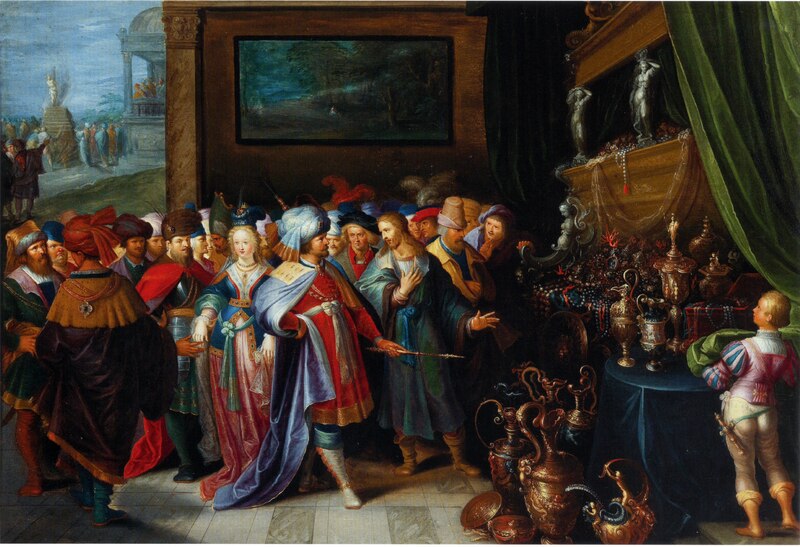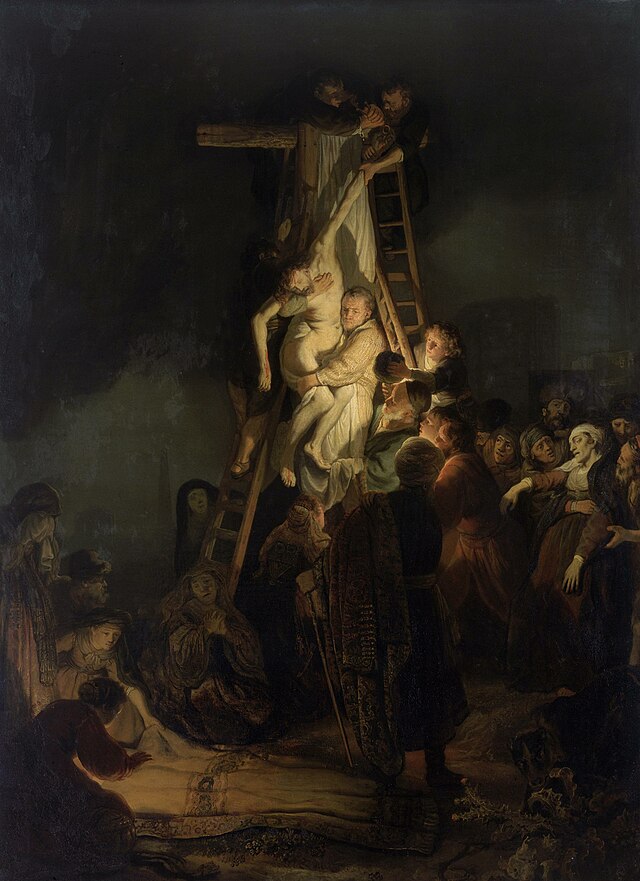
An interview with Alexander Batson
JMC Resident Historian Elliott Drago sat down with new JMC Miller Fellow Zander Batson to discuss his work as an intellectual and legal historian.
To think hard about the consequences of deep disagreement
ED: What inspired you to become a historian?
ZB: I have always been interested in the vast variety of human experience. As a kid, that meant loving all the normal little kid historical subjects – knights, pirates, samurai, gladiators. I always liked to imagine what it would have been like to live in all these different historical periods. And of course, watching Indiana Jones movies as a kid (really!) inspired me with this romantic vision of uncovering the human past. But as I went off to college and then graduate school, I began to appreciate more fully how I could investigate the great variety of human life through historical research. The thing that I love about history is the potential for uncovering surprising, disturbing, and even delightful aspects of the human experience, whether that means finding a new angle on a well-known text or making an unexpected discovery in an archive.

ED: What is your area of specialty, and what sparked your interest in that topic?
ZB: I am an intellectual and legal historian of early modern Europe (16th-17th centuries). At the end of my undergraduate degree, I read several books that told these grand narratives about how the world changed in the era of the Reformation. The most prominent of these was Max Weber’s Protestant Ethic and the Spirit of Capitalism. I just couldn’t shake the feeling that this period was a decisive turning point in world history. It’s
I find early modern Europe an infinitely fascinating treasure trove for research.
ED: Describe your favorite primary source that you’ve uncovered during your research.

ZB: This is such a delightful question to ask a historian. My favorite primary source is a short work published by the Protestant Reformer Philip Melanchthon in 1546. It’s entitled Collatio actionum forensium Atticarum et Romanarum (in English, “A Comparison of the Chief Attic and Roman Legal Actions”). It’s a really bizarre work in which Melanchthon organizes these Athenian and Roman legal procedures according to the Ten Commandments. He intends the work to demonstrate that ancient pagan law agreed with divine and natural law, and it supports some of his natural law theories of resistance to violence from the Catholic Emperor Charles V. The most interesting part of the source, though, is that this is the first attempt by anyone, anywhere, to reconstruct and organize the laws of ancient Athens. I’ve got an article coming out on this soon in the Journal of the History of Ideas.
ED: Tell us about your favorite topic that you teach to college students. How do you teach this topic to them?
ZB: I love teaching the Reformation to students. They usually have very little understanding of religion, so teaching the students about how Europe was basically torn apart by religious strife is always very eye-opening for them. But while violence is a huge part of the Reformation era, it also showcases a lot of the beauty of religion – amazing artwork, penetrating theology, Catholic mysticism, etc. Teaching Reformation is also a great way to get the students to think about how to handle deep disagreements about first principles.
Even among deep disagreement, I’d like to think there’s hope for a common life together, even if it seems that we’re hopelessly polarized.
ED: Being a scholar of Europe, can you share a few lessons from European history that might help students make sense of America’s founding principles and history?
ZB: Absolutely. First of all, I’d say that the founding era was in many ways an extension of a long tradition of European thought. And I don’t just mean the influence of Locke or some singular philosopher. If you look at the libraries of the founders, they were filled with all sorts of thinkers that Americanists rarely read – Hugo Grotius, Carlo Sigonio, Samuel Pufendorf, and many others. The Founders were totally steeped in European intellectual culture, and it’s hard to understand them apart from that background.
I would also point back to the Reformation era and encourage Americans to think hard about the consequences of deep disagreement. In many ways, I feel as if we are now living through a period similar to the Reformation. Instead of arguing about the Eucharist or the saints, we are now incredibly divided about issues like abortion, guns, healthcare, and immigration. The story of the Reformation era provides some harsh warnings about what happens when polarized societies cannot agree. But it also provides some beautiful examples of pluralism, such as church buildings which were shared between Protestants and Catholics.
Elliott Drago serves as the JMC’s Manager of the History Initiative. He is a historian of American history and the author of Street Diplomacy: The Politics of Slavery and Freedom in Philadelphia, 1820-1850 (Johns-Hopkins University Press, 2022).
